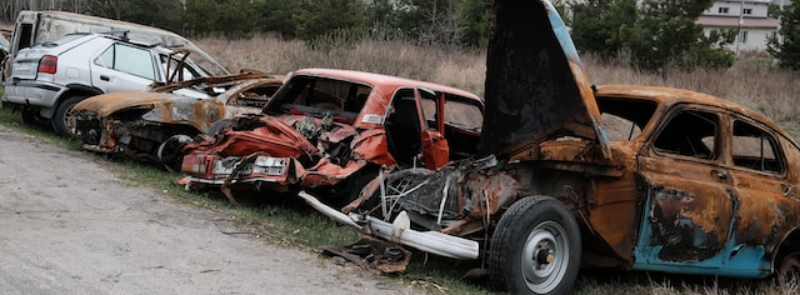
When It Occurs
Every December 9th
Official Website
Timeline
Days Passed (751)
# Hashtags
#CrimeOfGenocide #GenocidePreventionDay
December 9th is recognized as the International Day of Commemoration and Dignity of the Victims of the Crime of Genocide and of the Prevention of this Crime, also referred to as Genocide Prevention Day.
The United Nations has been observing this day since 2015, marking the anniversary of the adoption of the UN Genocide Convention on December 9, 1948.
Background and Establishment
-
UN Resolution: The International Day of Commemoration and Dignity of the Victims of the Crime of Genocide was established by the United Nations (UN) General Assembly in 2015 through Resolution 69/323. It acknowledges the importance of remembering and honoring the victims of genocide.
-
Prevention Focus: The day also emphasizes the critical need to prevent genocide and other forms of mass atrocities by addressing root causes, promoting tolerance, and upholding human rights.
Objectives
-
Remembering Victims: Honor and commemorate the millions of individuals who lost their lives in genocides, including but not limited to the Holocaust, the Rwandan Genocide, the Armenian Genocide, and others.
-
Raising Awareness: Raise global awareness about the history, causes, and consequences of genocide, ensuring that future generations understand the impact of such atrocities on humanity.
-
Promoting Prevention: Advocate for international cooperation, early warning systems, conflict prevention measures, and legal frameworks to prevent genocide and protect vulnerable populations.
Activities and Commemorations
-
Educational Events: Schools, universities, museums, and cultural institutions organize educational programs, exhibitions, and discussions to educate the public about genocide, its survivors, and the importance of remembrance.
-
Ceremonies and Memorials: Communities, governments, and civil society organizations hold ceremonies, vigils, and memorial services to honor victims and survivors of genocide, promoting healing and reconciliation.
-
Policy Advocacy: Governments and international organizations use the occasion to reaffirm commitments to human rights, justice, and the prevention of genocide through policy initiatives and diplomatic efforts.
Global Impact and Challenges
-
Historical Reflection: Reflect on past genocides to understand how intolerance, discrimination, and hate can lead to mass violence, and to learn lessons for preventing future atrocities.
-
Justice and Accountability: Advocate for accountability for perpetrators of genocide through legal mechanisms, international tribunals, and support for transitional justice processes.
Calls to Action
-
Promote Tolerance: Foster a culture of tolerance, respect, and understanding among individuals and communities to prevent discrimination, hate speech, and incitement to violence.
-
Support Victims: Provide support, assistance, and recognition to survivors of genocide and their descendants, ensuring their dignity, rights, and access to justice and reparations.
Future Directions
-
Education and Remembrance: Strengthen education initiatives on genocide awareness, human rights education, and multiculturalism to promote empathy and solidarity among future generations.
-
Global Cooperation: Enhance international cooperation, diplomatic efforts, and multilateral partnerships to prevent genocide, protect vulnerable populations, and uphold the rule of law.
Conclusion
The International Day of Commemoration and Dignity of the Victims of the Crime of Genocide and of the Prevention of this Crime serves as a poignant reminder of humanity’s collective responsibility to remember the victims of genocide, prevent future atrocities, and uphold the principles of justice, tolerance, and human dignity. By honoring the memory of those lost, advocating for justice, and promoting tolerance and understanding, the global community can strive towards a world where genocide is prevented and all individuals can live in peace and dignity.


